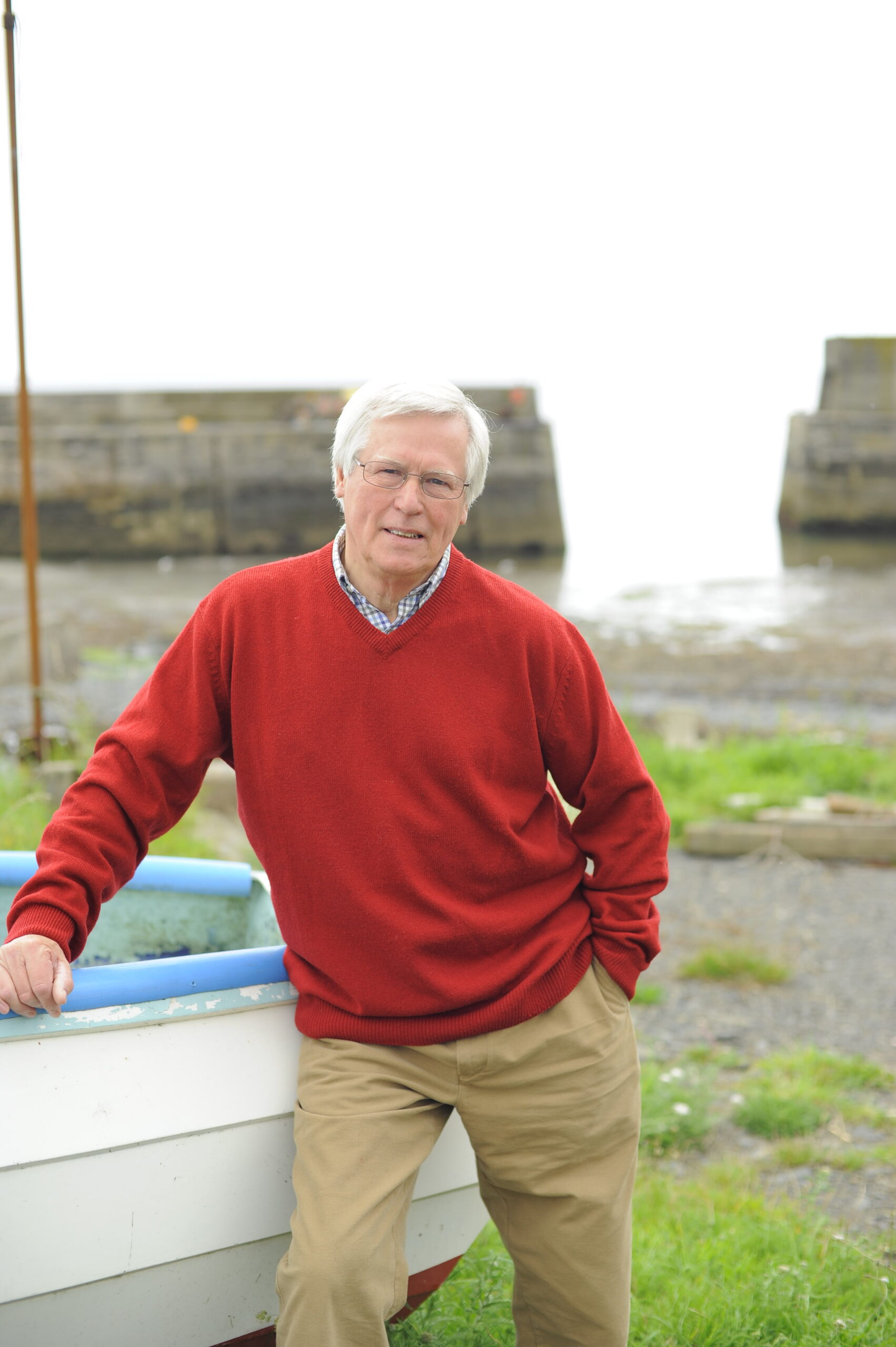Since starting on Countryfile in 1989, I’ve made a habit of asking farmers if their children will follow in their footsteps – and too often the answer has been no. Among the reasons: uncertainty, long unsocial hours and more interesting careers elsewhere.
The uncertainty is still there, especially with the EU referendum looming, and so are the long hours. And many school-leavers, both rural and urban, perceive agriculture as unfashionable. Thus there has been a dearth of skilled young people entering the agri-food (farming and food supply) industry – last year, it didn’t even make the Top 20 career destinations of choice.
The Big Question
With the average age of a farmer now approaching 59, who will work the land in future, with more mouths to feed and food security an even bigger issue? What bleak scenario are we heading towards? Before we hit the panic button, let me point to signs that indicate that, slowly and hopefully, things may be changing for the better.
Farming is now the fastest-growing subject in universities, with a 4.6% increase in numbers. Across the country, 19,000 people are studying agriculture-related topics. The Royal Agricultural University, Cirencester, has seen a 44% jump in female students. Compare that to a few years ago, when some colleges did such poor business, they removed the word ‘agriculture’ from their title.
New funding next year should boost farming apprenticeships – currently there are around 1,000 with another 2,100 in horticulture. And Environment Secretary Liz Truss has said the Government’s forthcoming 25-year-plan for the industry will have developing the right skills at its heart.
Fast disappearing are the days when a farmer or farmworker is a jack of all trades. Today, a huge range of outside talent is used, from mechanical engineers to computer technologists. The message is spreading, especially in schools, that interesting jobs are to be found in the green acres.
Improving agri-food’s profile is Bright Crop, a charity that sends 380 trained ‘ambassadors’ to schools. One of them, dairy farmer Andrew Brewer, says: “We are not promoting our industry well enough. There are plenty of good, highly paid jobs on and off the farm and it’s our responsibility as an industry to engage with secondary school teachers and pupils.”
The Big Question
Among the targets are children from non-farming backgrounds. “There was nothing like this when I was at school,” says ambassador and head herdsman Joshua Fincham. “I was born in a concrete jungle and farming wasn’t considered a career path or even talked about.” After a Saturday job on a smallholding, Joshua got an apprenticeship at 16 on a mixed farm. “You don’t have to be born a farmer to be a farmer,” he says. “Agriculture is a very exciting industry and we need to be proud of what we do.”
Joe Parry, 23, helps run the family farm in Denbighshire and was named agricultural student of the year in the 2015 British Farming Awards. “A degree in agriculture is one of the most diverse,” he says. “It’s not solely designed for farmers – it can lead to jobs in food retail and supply, research and technology. We’re custodians of the countryside, producing food for the planet and maintaining the environment we live in. The world will always need food. Why not join us?”
Let’s hope, for all our sakes, that a lot more youngsters do just that.
Watch John on Countryfile on Sunday evenings on BBC One
Photo credits: Alamy
